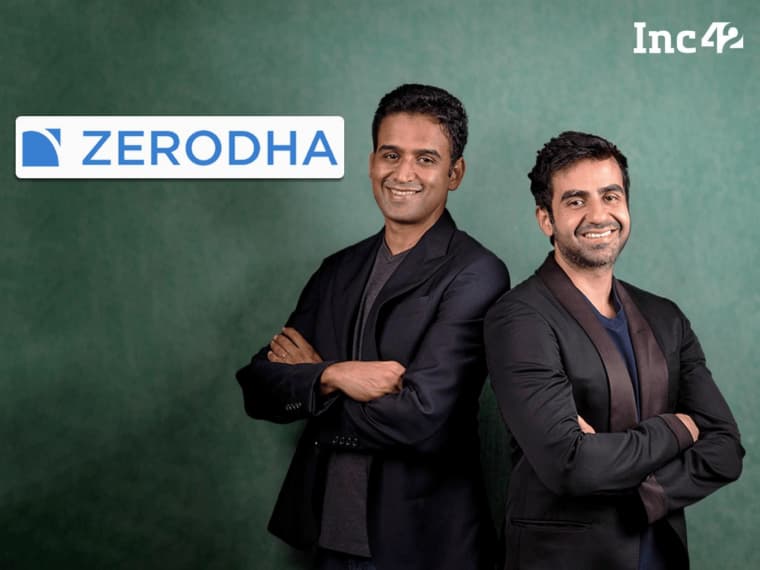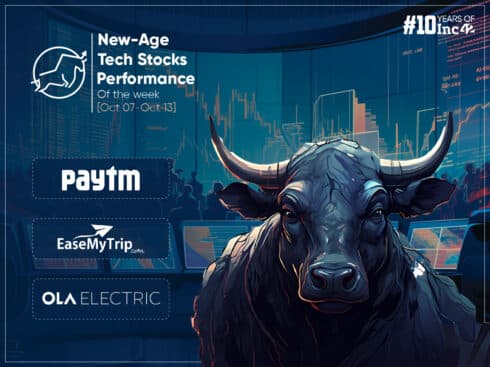
Kamath, earlier this year, said that Zerodha might have to let go of its zero brokerage structure on account of SEBI’s new mandates
The new mandates, which came into effect on October 1, bar market infrastructure institutions from offering discounts based on trading volumes or members’ activities
Zerodha reported a 61% jump in its consolidated net profit to INR 4,700 Cr in FY24, while operating revenue rose 21% YoY to INR 8,320 Cr
Zerodha
“Equity delivery will continue to be free at @zerodhaonline. As of now, we are not making any changes to our brokerage,” Kamath said in a post on X.
It is pertinent to note that SEBI, in July, issued a circular mandating all stock exchanges to adopt a uniform flat fee structure, called “true to label”, for all members of market infrastructure institutions.
The new mandates replaced the erstwhile slab-wise fees, based on volume or activity, which were charged by different stock exchanges. The new changes came into effect from today (October 1).
It is pertinent to note that Kamath, in July, said that the brokerage might have to let go of its zero brokerage structure on account of SEBI’s new mandates that bar market infrastructure institutions (MIIs) from offering discounts based on trading volumes or members’ activities,
The SEBI norms were largely seen as a way to tackle the massive surge in futures and options trading. Consequently, many had anticipated a steep rise in brokerage costs due to the new norms, especially for investors who have become habituated to near-zero fee structures.
For stock broking platforms, the zero brokerage model brought a number of new users but the new directions, in CEO Kamath’s words, are now expected to have a 10% impact on Zerodha’s revenue.
Meanwhile, the changes in the securities transaction tax (STT) for derivatives, announced by finance minister Nirmala Sitharaman in the Union Budget, also came into effect today.
On this, Kamath said that while STT for options has jumped to 0.1% from 0.0625%, the transaction fee has decreased to 0.035% from 0.0495%. As a result, he said that the cost of trades has increased by 0.02303% for NSE. For BSE, Kamath said that the cost of trades has risen by 0.0205%.
With regards to futures, the Zerodha CEO said that the STT has been hiked to 0.02% from 0.0125% previously, while the transaction charge has been cut to 0.00173% from 0.00183% earlier. This, he said, would result in a net increase of 0.00735%, or INR 735 per Cr, in futures turnover on the selling side.
“Since STT is charged on the entire contract value for futures, whereas in options, it is charged only on the premium, the impact will be much larger for futures traders,” read Kamath’s X post.
Zerodha reported a 61% jump in its consolidated net profit to INR 4,700 Cr in the financial year 2023-24 (FY24) from INR 2,909 Cr in the previous fiscal year. Meanwhile, operating revenue rose 21% to INR 8,320 Cr during the year under review from INR 6,875 Cr in FY23.































 Ad-lite browsing experience
Ad-lite browsing experience